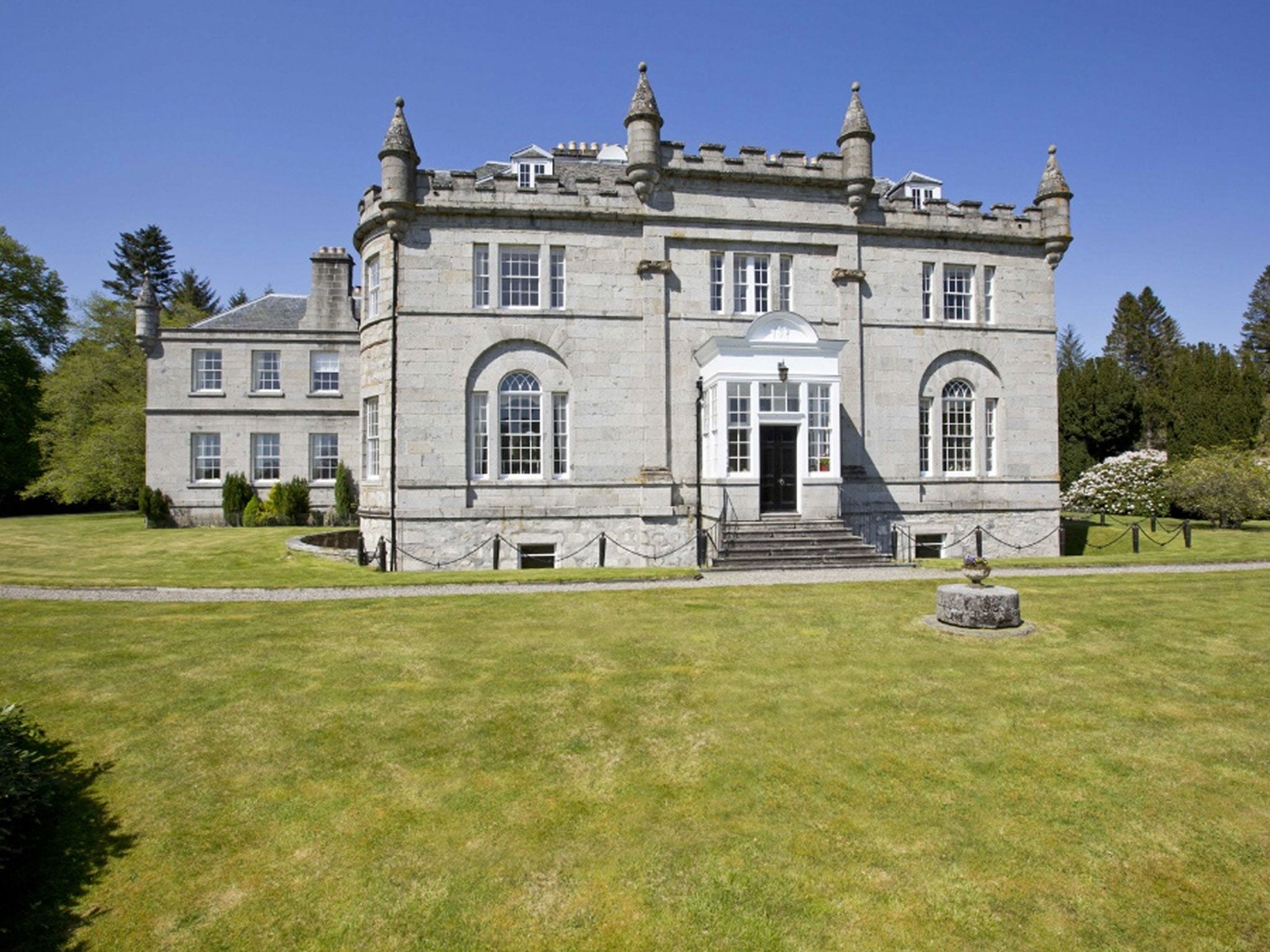Referendum jitters hit wealthy buyers in the Scottish housing market
All eyes are on the outcome of September’s poll

With its vast country piles, elegant town houses and rugged sporting estates, it is little wonder that generations of the super wealthy or even just the very well-off have dreamed of owning their own little – or very large – bit of Scotland.
Yet amid warnings over the impact of the impending independence vote on the lucrative financial services and energy industries, it has emerged that referendum jitters are now affecting demand for the country’s world famous real estate, with claims that up to a third of super-rich buyers could be delaying buying decisions.
Despite a booming domestic market that saw house sales grow by 16 per cent last year, estate agents report uncertainty over the future tax regime in an independent Scotland, coupled with doubts over the country’s long-term economic prosperity.
Robert McCulloch, a partner at Strutt & Parker, said the full impact of the referendum would not be known until the end of the traditional spring and summer sale season.
“We are currently talking to about 60 people who are actively looking to buy an estate,” said the estate agent. “Of that number, about a third have said they will just wait and see what will happen in September. Two -thirds are saying ‘we are aware of the referendum but we want to go ahead anyway’,” he added.
Ran Morgan, of Edinburgh estate agent Knight Frank, said Scots selling to fellow countryman were largely unaffected. But he added: “If you’re considering moving your family up here from London to embark on a new career – that person is not in the market. If you’re planning on moving back here you are likely to take a rain check to see what happens.”
Scotland still remains a staggeringly cheap property option compared to London. Even in Edinburgh, where the number of properties sold last year increased by nearly a quarter, prices fell 0.6 per cent in 2013, according to Registers of Scotland.
The difference between the cost of country houses in the Home Countries and those in Scotland narrowed considerably in the run-up to the recession. Since the recovery, the South-east of England has pulled away again, making the prospect of Scotland inviting once more.
A two-bedroom flat in London’s Docklands, for example, can still be exchanged for a large detached villa in Edinburgh, while a mid-terrace house in Fulham will trade up for a country pile in Aberdeenshire with 182 acres, its own woodland and salmon river.
Buyers of large sporting estates are also facing a double whammy amid uncertainty over independence and the implications of ongoing land reform which will provide tenants with the right to buy.
John Coleman of Smiths Gore, who currently has the £7.5 million Laggan estate in Inverness-shire on his books (it comes complete with a 19th- century castle and wild goat shooting), said potential purchasers were playing a waiting game. “Why would you invest when you are not quite sure what the political situation will be? Nobody buys an estate because they have to. It makes sense to wait,” he said.
Faisal Choudhry, head of research at Savills Scotland, said the country’s unique appeal meant there would always be buyers for the right properties. “Yes, people are asking questions, and there’s anecdotal evidence of people becoming concerned. But I don’t think there’s evidence of people pulling out at the moment because of the destination’s qualities,” he said.
“These buying decisions are emotional things and I don’t think political or economic factors will put someone off who really wants a trophy Scottish estate. Scotland’s natural beauty and quality of life, its educational establishments will always be a pull factor whatever the outcome of the referendum.”
Sarah Speirs, director of the Royal Institution of Chartered Surveyors Scotland, said investors could expect few surprises. “So much legislation is already devolved that it is hard to see what can really change in terms of the buying and selling of houses,” she said.
Subscribe to Independent Premium to bookmark this article
Want to bookmark your favourite articles and stories to read or reference later? Start your Independent Premium subscription today.

Join our commenting forum
Join thought-provoking conversations, follow other Independent readers and see their replies